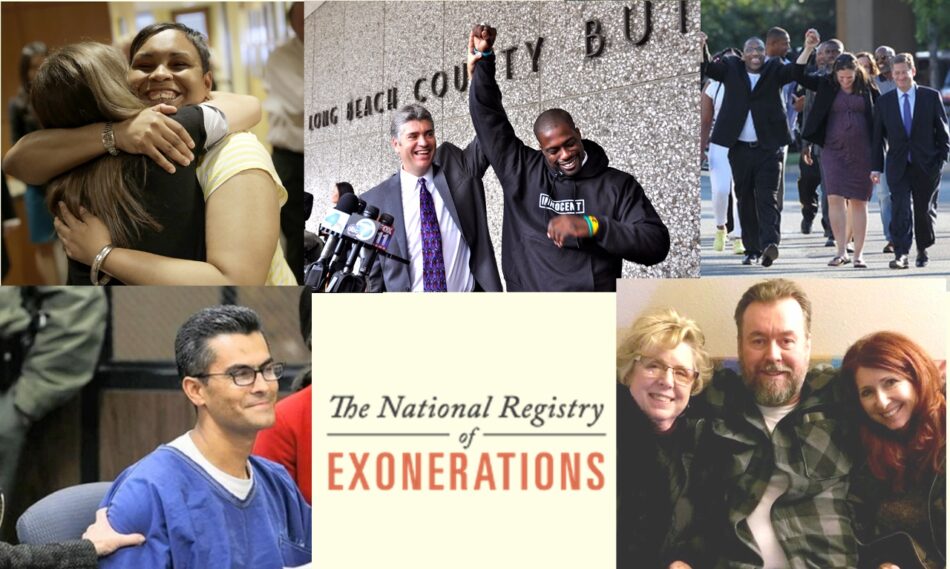
Wrongful convictions and the tragic stories of individuals like Ricky Jackson, Lamar Johnson, John Bunn, Barry Gibbs, and countless others, as documented in The National Registry of Exonerations, highlight a deeply troubling issue in the justice system. These cases underscore the fact that it is indeed possible for the justice system to fail and for innocent individuals to suffer unjustly. Several key points can be drawn from these cases:
Innocent Lives at Stake: The stories of these individuals serve as a stark reminder of the potential human cost of wrongful convictions. Innocent people can spend years, or even decades, in prison for crimes they did not commit, resulting in the loss of their freedom, reputation, and, often, their families and livelihoods.
Vulnerabilities in the Justice System: These cases expose vulnerabilities in the justice system, including issues like police misconduct, prosecutorial misconduct, inadequate legal representation, and a reliance on flawed or unreliable evidence.
Systemic Problems: Wrongful convictions are not isolated incidents but reflect systemic problems within the criminal justice system. These problems can include racial bias, the rush to close cases, and the lack of accountability for those responsible for injustices.
Human Fallibility: The cases highlight the potential for human fallibility, from eyewitnesses making errors in identification to false confessions, flawed forensic evidence, and biased testimony.
Advocacy for Reforms: Advocates, legal organizations, and individuals like Barry Scheck work tirelessly to bring attention to these issues and push for reforms in the legal system. Their efforts have led to policy changes and increased awareness of the importance of justice reform.
Importance of Post-Conviction Review: The stories of exonerated individuals underscore the vital importance of post-conviction review processes, which can help rectify wrongful convictions and provide opportunities for innocent individuals to prove their innocence.
Education and Awareness: These cases raise public awareness about the potential for miscarriages of justice and the need for a fair and equitable legal system. Education and awareness can lead to greater scrutiny of the justice system and a push for reforms.
Ongoing Challenges: Despite progress in addressing wrongful convictions, there are ongoing challenges, and many innocent individuals remain in prison. These cases serve as a call to continue working towards a more just and equitable legal system.
Barry Scheck’s quote underscores the need for vigilance and reform in the justice system to prevent the misuse and abuse of its power and to protect the rights and freedoms of individuals. Wrongful convictions serve as a stark reminder that the pursuit of justice must always be tempered with a commitment to fairness, integrity, and the protection of the innocent.
Candid Camera Classic: Escalator Trap!